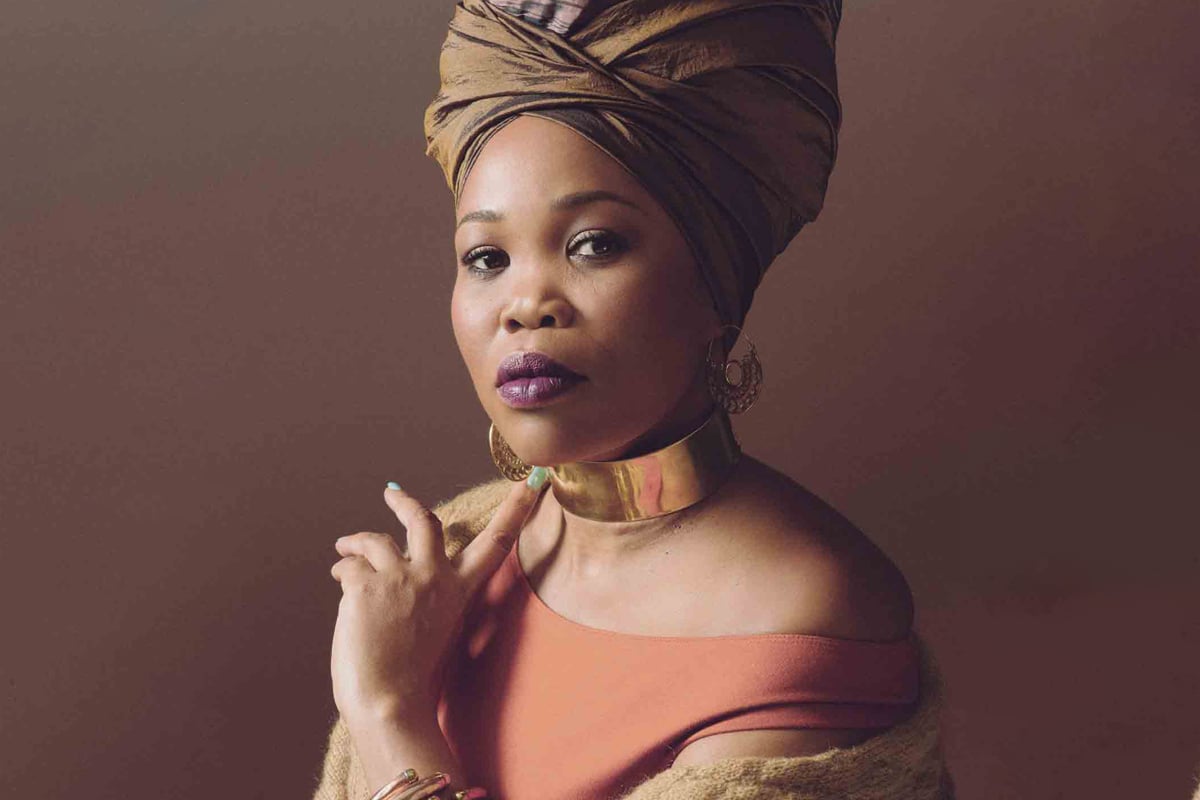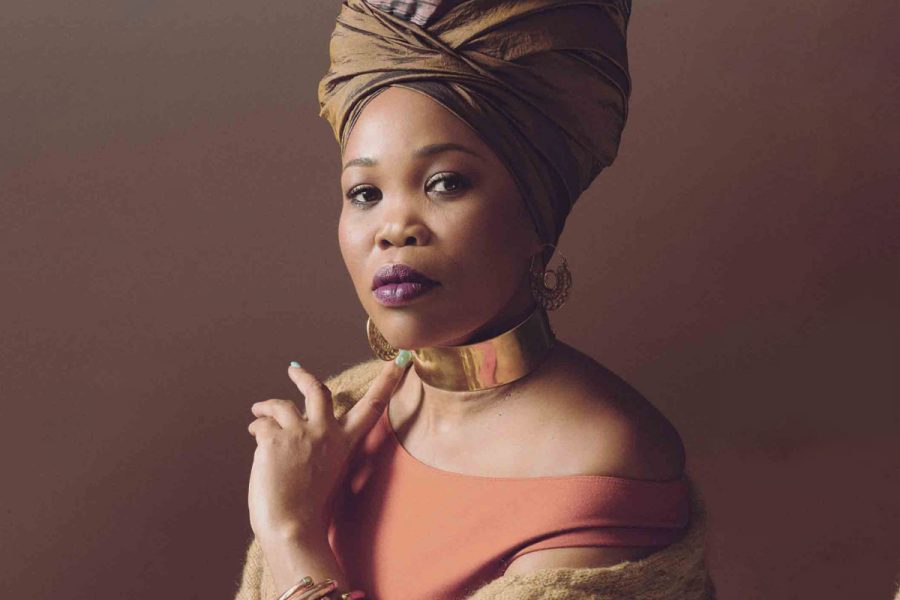Queen Ifrica Re-Emerges With Remake Of Nina Simone’s ‘Four Women’

After disappearing from social media last September and seemingly taking a hiatus from public life, the Fyah Mumma Queen Ifrica, dropped Four Women, a Nina Simone cover version on Monday, the anniversary of the 1969 recording of the Jazz icon’s Live from Berkley album.
The track, which was produced by Stephen Marley, was released “in tribute to the legendary an American jazz singer, composer, pianist and arrangers Nina Simone”, Ghetto Youths International described the recording. The original song was released in 1966 on Simone’s Wild Is the Wind album.
“Jamaica Reggae star Queen Ifrica pays homage with a reggae cover of the marquee track Four Women. In a time where respect of female equality, diversity, culture, history, ethnicity is needed more than ever in the forefront of the global consciousness,” the label noted on its description of the track on YouTube.
“This Stephen Marley produced take on Nina Simone’s powerful declaration describing Four Women is surely relevant. The song is being released on Monday April 26th 2021; the anniversary of the 1969 recording of Nina’s “Live from Berkley” album. Brought to you by the Ghetto Youths International Label,” it added.
The song Four Women was written by Nina partially to expose the “colour caste system” and the plight of women in the United States in her time.
It describes the first of the four women in the song as “Aunt Sarah” a character representing enslavement of a black woman, who is nevertheless strong and resilient – in her words “strong enough to take the pain” as well as the long-term suffering her race has had to endure, “inflicted again and again”.
The second of the four is “Saffronia”, a woman of mixed race who is forced to live “between two worlds”. She too, is portrayed as an oppressed woman and her story is once again used to highlight the suffering of the black race at the hands of white people in positions of power, Nina penning in her description: “My father was rich and white/He forced my mother late one night”.
“Sweet Thing” is the third woman, a prostitute who finds acceptance with both black and white people, not only because “my hair is fine”, but also because she provides sexual gratification, while the fourth is Peaches, a very tough woman, embittered by the generations of oppression and suffering endured by her race, Nina noting in her description: “I’m awfully bitter these days/’cause my parents were slaves”.

Queen Ifrica is a longstanding fan of Nina Simone and her iconic Jazz catalogue and covered the late artiste’s Mr. Bojangles in the past.
Ifrica, whose given name is Ventrice Morgan, began her career in 1995 after shining at a local talent contest in her hometown of Montego Bay. She joined Tony Rebel’s Flames Production in 1998 when, at a show in honour of the late Garnett Silk, Tony Rebel hearing the clean vocals and the unmistakable quality of her performance, asked her to join his team.
Since then, Ifrica has become among the most respected women in Dancehall and Reggae music, touring extensively and being a staple act on Rebel Salute and Reggae Sumfest in Montego Bay over the years.
In May 2010 Ifrica was the toast of the International Reggae and World Music Awards, which was held in Queens, New York. Her Montego Bay album was one of the most popular reggae albums of 2009, and for that masterpiece she copped four awards – Artiste of the Year, Most Educational Artiste of the Year, Songwriter of the Year and Best Female DJ/Rapper.
Among her hits are Serve and Protect, Times Like These, Far Away, Randy, Below the Waist, Let’s get Silly and Daddy.
A big champion of women’s empowerment, Queen Ifrica has also released songs such as Black Woman, Lioness on the Rise and Girl Like Me.
